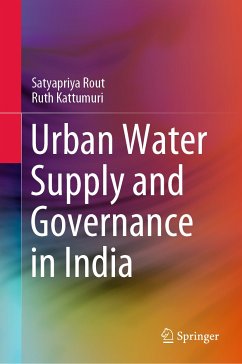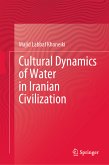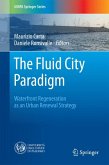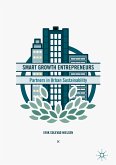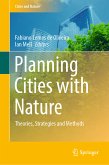This study revolves around three important aspects of urban water supply and governance. Firstly, it attempts to understand household water service delivery scenarios in urban India, drawing from case studies based on our household survey in four cities - Ahmedabad, Bangalore, Kochi and Hyderabad. Secondly, it examines the question of existing socio-economic inequality and access to water in an urban context in India. While dealing with the issue of inequality andaccess to water, it attempts to explore the question of whether access to water and water scarcity is socially neutral; whilst also analysing the mechanisms employed by the urban poor to manage their daily water needs. Thirdly, this book explores the role of institutions for efficient and effective delivery of water in urban India. The institutional analysis from a comparative perspective provides important insights to guide current reforms in domestic water supply in India, especially in a neo-liberal context.
The book is a valuable resource for academicians, policy makers and practitioners involved in water governance in general and domestic (drinking) water supply in particular. Besides, it is of great interest to those working in the area of urban development, urban planning and household water management.
Dieser Download kann aus rechtlichen Gründen nur mit Rechnungsadresse in A, B, BG, CY, CZ, D, DK, EW, E, FIN, F, GR, HR, H, IRL, I, LT, L, LR, M, NL, PL, P, R, S, SLO, SK ausgeliefert werden.
Hinweis: Dieser Artikel kann nur an eine deutsche Lieferadresse ausgeliefert werden.

